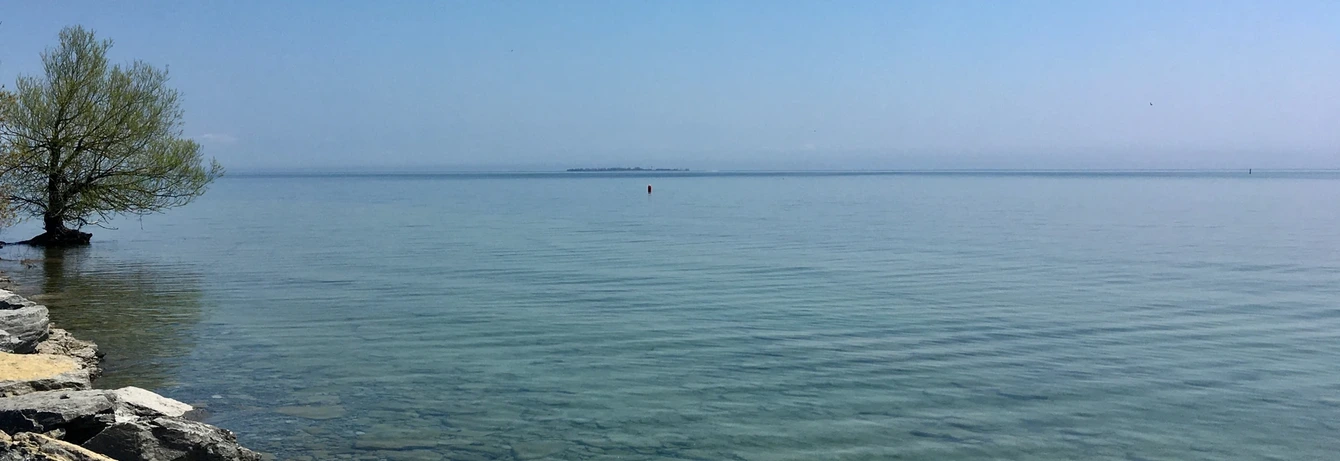This prompt from Nancy Chen Long “involves reading a poem in another language that you do not speak. The language of the poem you select must be one in which you don’t know what’s being said, so that your imagination has greater room to play… Find a poem in its original language….Sound out the poem and “translate” it based on what you hear. Of course, your translation won’t be exact—getting words anywhere near the ballpark of what you think you hear is good.”
A very difficult process. I could feel my brain trying to make sense out of sounds. I had tried to channel Lewis Carroll, but I admit what I came up with is close to nonsense. Still, an experiment worth trying.
Candidates
Come here to the village, men. All cast votes = your loss, pain.
Be easy on how to do a man’s profession. Looting – must do that,
wear that? Worse? Do what? Not run.
Come here to the village, men. I concoct tests
from ocean banks and
propose to you, hellmen, power. Come here. Let me like ya.
Here are the first 6 lines of the original by Finish poet Olli Heikkonen
Kumarra pihlajaa. Sen alle kasvot ylöspäin
veljesi on haudattu. Maan povessa luut
mustuvat, yrtit versovat nikamiin.
Kumarra pihlajaa, sen ihonkaltaista kuorta, oksan hankaan
ripustettua helminauhaa. Kumarra latvan liekkiä.
Juuret lävistävät veljesi rinnan.
Juuret lävistävät veljesi otsan.
Pihlaja on ääniä täynnä, jotka keväällä
puhkeavat lehdiksi.
© 2000, Olli Heikkonen
Uit: Jakutian aurinko
Uitgever: Tammi, Helsinki, 2000
